Where We’ll Will Be This Fall & Winter 2018: Agrarian Trust Newsletter
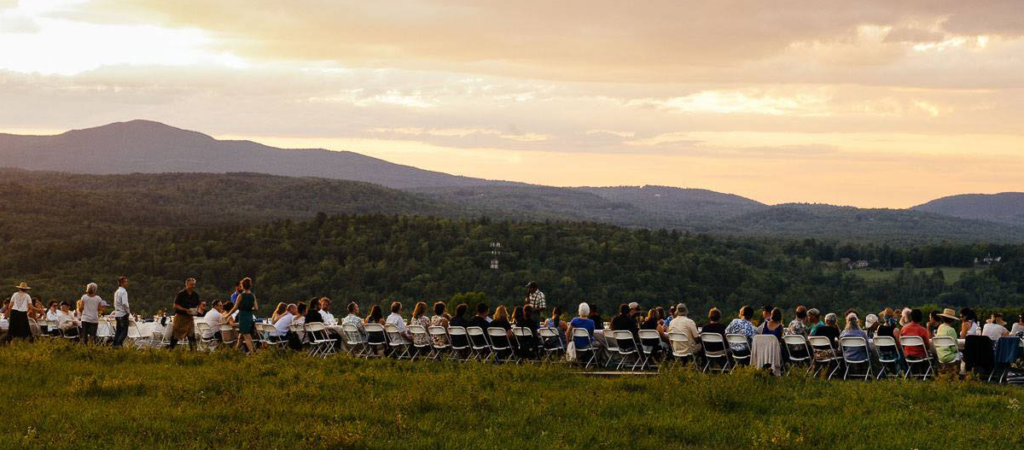
We hope you’ve been enjoying the changing of the seasons. We’re looking forward to the crackle of leaves and harvests of autumn—and to the many upcoming events where we’ll have the opportunity to meet and share more on our work to create a Agrarian Commons. As we travel the land, meeting with farmers and communities, we’ve been sharing our vision and documenting successful stories that inform our approach to land stewardship and equity…
Land Access Strategy: One Farmer and 8,000 Landlords at Fordhall Farm
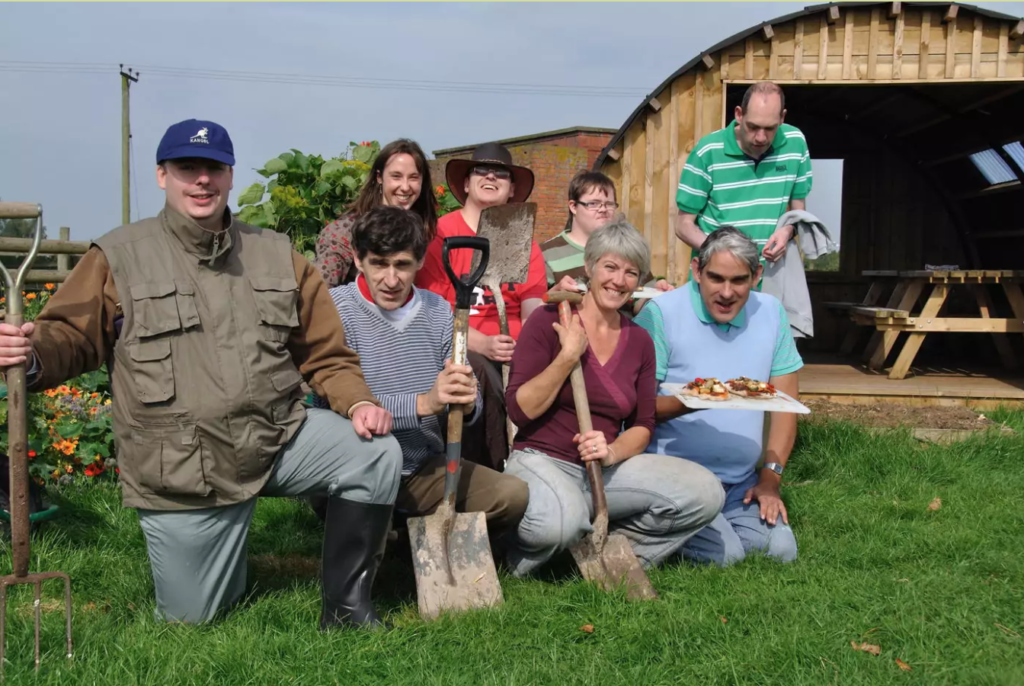
Fordhall Farm shows how enterprising young farmers can engage with the community, mutualise the land and put it into trusteeship using the Industrial and Provident Society structure, raise the purchase capital from members and balance community access rights with farming needs. Ben and Charlotte Hollins were given a Schumacher Award in October 2006.
Land Access Strategy: The National Trust of England
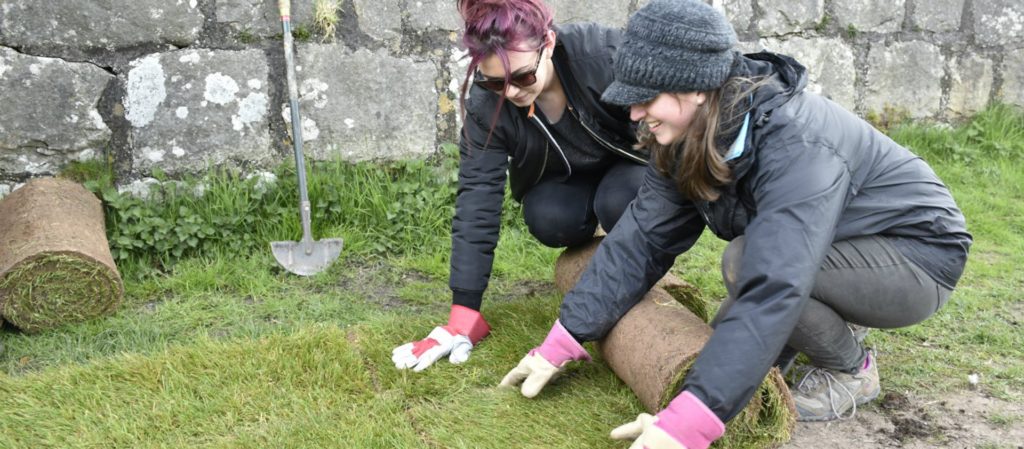
The National Trust of England is the country’s largest owner of farmland. Agricultural land is one aspect of the organization’s conservation goals. Established in the late 1800s, with a vision for preserving the nation’s heritage and open spaces, the charity organization has continued to uphold the value of their founders. Originally established as an Association not-for-profit in 1884, the trust was soon after given more solidity through various acts of British Parliament. The organization remains independent of government and relies on grants, donors and other sources of income, rather than direct government subsidy. Some of the funds come from admission to and products from the trusts Home Farm as well as other preserved historic estates.
Land Access Strategy: Black U.S. Farmers Employ Numerous Strategies to Maintain Land Ownership and Farm Operating Independence
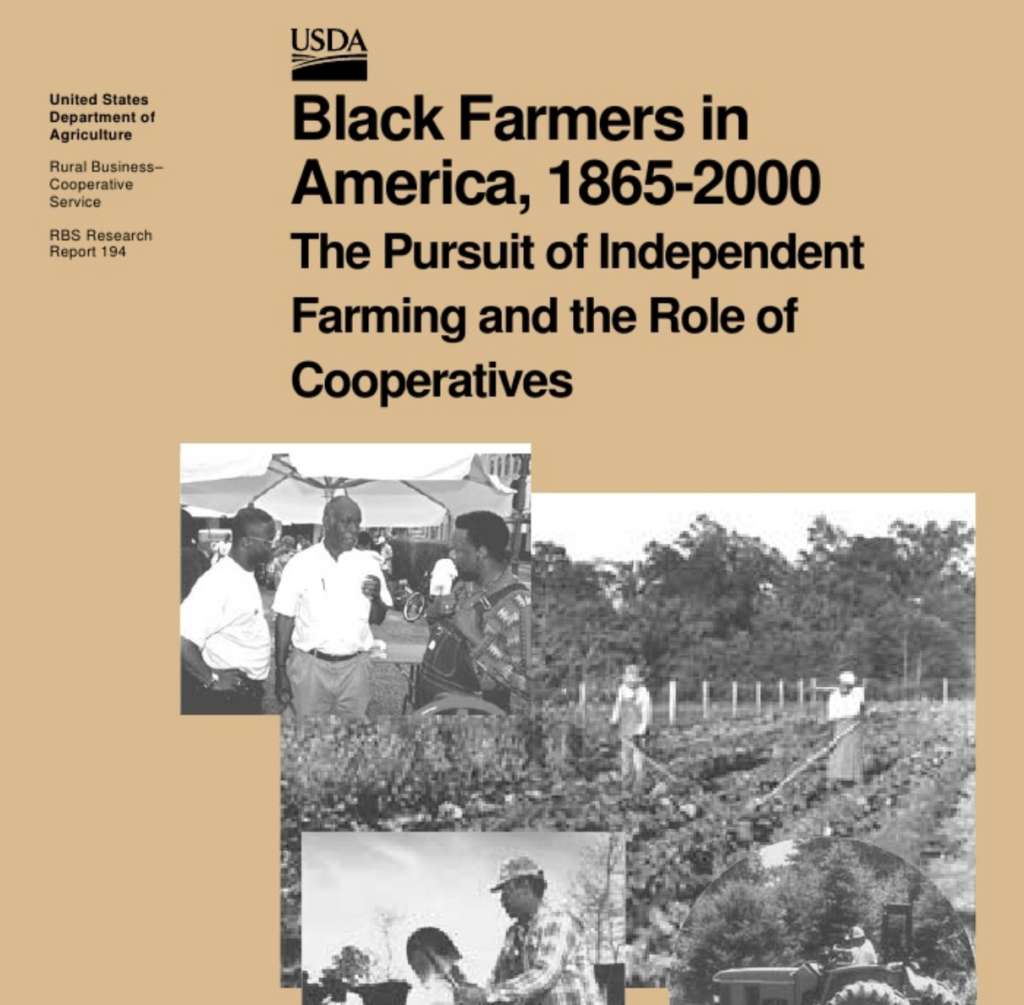
Black farmers have developed countless creative and enduring responses to the challenges of discrimination and disinvestment in US agriculture. Far too many of the initiatives led by Black farmers in the past did not thrive due in part to a hostile social and political climate that devalued and discouraged their efforts. The continued work of organizations such as the Federation of Southern Cooperatives helps ensure that the innovative approaches to land ownership and agricultural production developed by Black farmers will be recognized and documented, as well as carried forward by future generations. We still have much to learn from the history of Black farmers in America.
Spirit of Sustainable Agriculture (Harvard Conference)
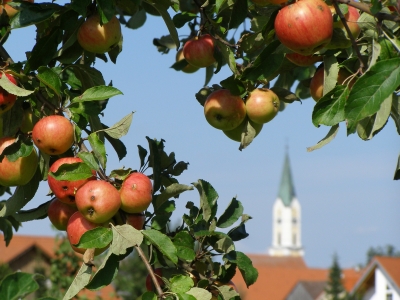
Concepts such as agroecology, biodynamics, permaculture, food miles, food deserts, food justice, and local food have all proliferated in both popular and scholarly venues over the past ten to fifteen years. Such a sustainable agriculture gestalt is vibrant and worthy of more sustained discussion and critical attention. In this spirit, “The Spirit of Sustainable Agriculture” aims to bring together farmers, religious and spiritual leaders, and academics, respectively, to join in a robust and stimulating discussion about the spirit of sustainable agriculture, delineating its past, celebrating and investigating its present, and theorizing its future.
Land and Water: A Long Term Perspective
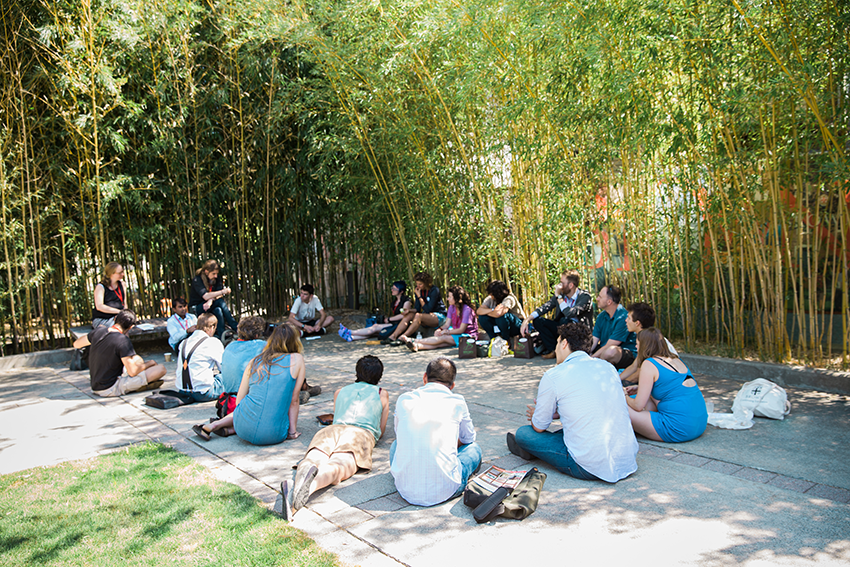
In the context of global warming, issues of access to land and water have been revived at a moment of disappearing land, mass migration, foreclosures, evictions, rent hikes, land grabs, and the privatization of clean water. We believe that now is a vital moment for academics and activists to enter a shared conversation about control and access to land and water, naming the most formidable challenges, the utopian models, and the important historical analogues for our present moment.
Land Access Strategy: Women Caring for the Land Program
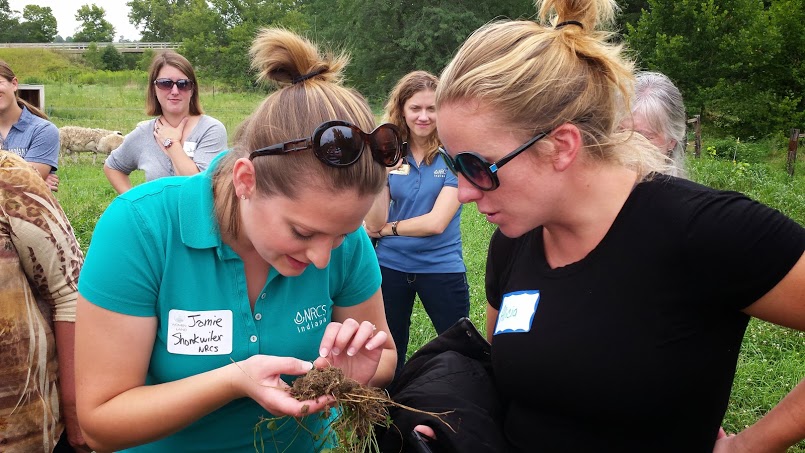
About 50% of Midwestern landowners in Iowa are women. Many of these women are non-operator farm-owners whose spouses have passed away. The Women, Food and Agriculture Network (WFAN) has been serving these Midwestern women farmers and farmland owners since their founding as a non-profit project in 1997. The network was created to provide information, networking and leadership development opportunities to women working in sustainable agriculture and food systems development.
Land Access Strategy: Sharing Risk with Split Mortgages
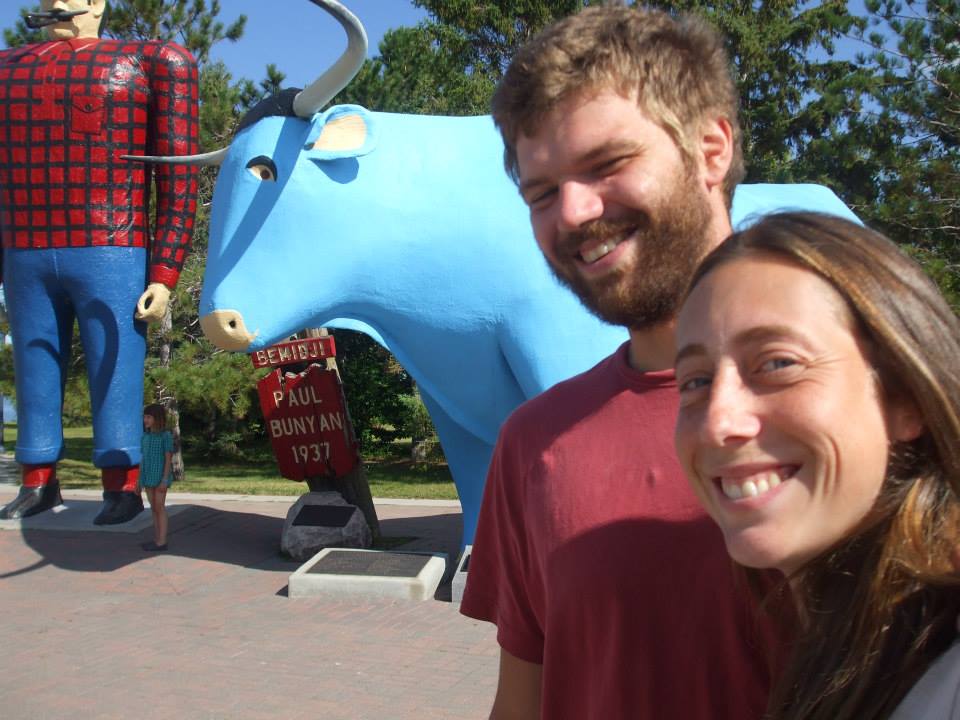
Investing in small-scale agriculture is not always seen as a secure investment. Sharing the risk by using a split mortgage helped Blue Ox Organics farmers Lauren and Caleb Langworthy buy their land.
Land Access Strategy: Planned Giving and Succession Planning
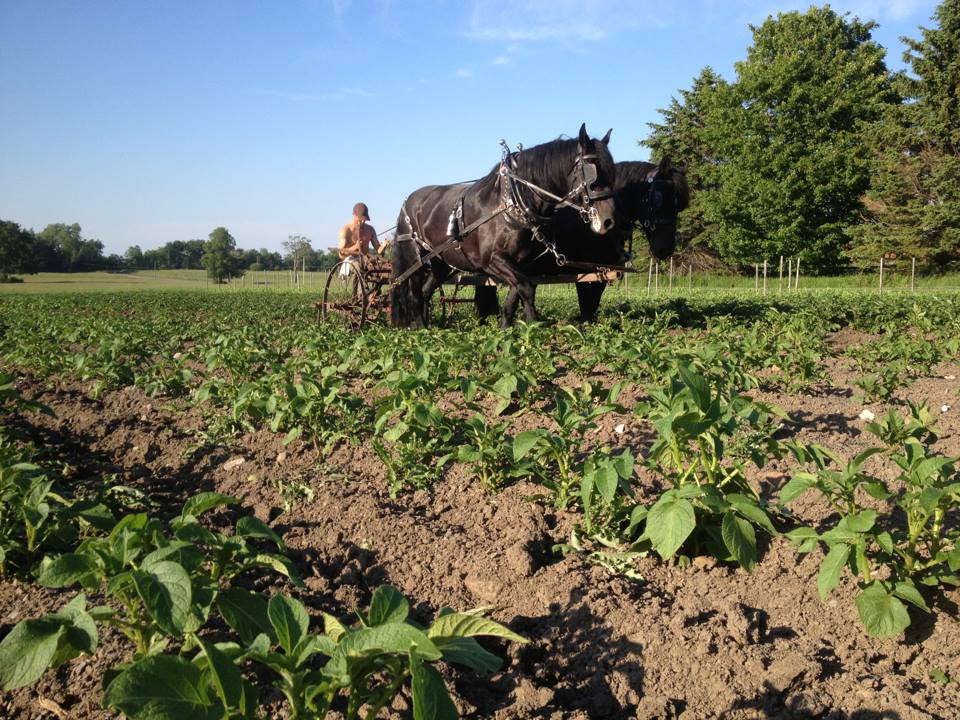
The American Farmland Trust (AFT) is a pioneer in organizing planned donation of land for agricultural preservation. Their Forever Farmland Society (FFS) offers a way for farm-owners to include AFT in their estate planning.
Land Access Strategy: Our Table Co-op and Community by Design, LLC

Our Table Co-op is the farm business part of a three organization system, all working together to realize a shared vision. The group started when their non-profit fiscal arm, Community by Design, LLC, purchased the 58-acre farm in Sherwood, OR, in September of 2011.